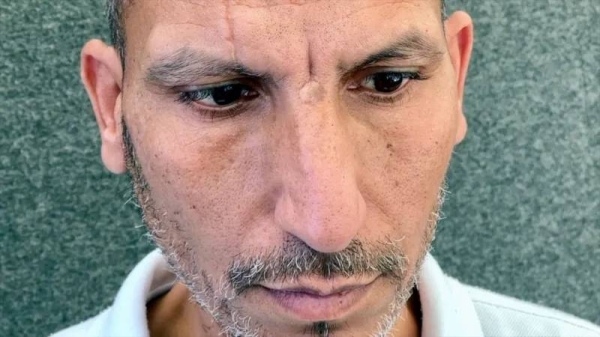Medical workers in Israel have raised concerns about the treatment of Palestinian detainees from Gaza who are being held in military hospitals. Detainees are routinely shackled to hospital beds, blindfolded, sometimes forced to wear nappies, and denied proper treatment, leading to allegations of torture. Whistle-blowers have detailed instances of detainees being denied painkillers and subjected to inhumane conditions. Amputations, infections, and lack of proper medical care have been reported among the detainees, raising questions about the violation of human rights.
Physicians for Human Rights in Israel published a report in February highlighting the mistreatment of detainees in Israeli civilian and military prisons. Concerns have been raised specifically about a military field hospital at the Sde Teiman base in southern Israel, where detainees from Gaza are treated. Patients at this facility are kept in restraints, blindfolded, and forced to wear nappies, raising ethical concerns among medical staff. The use of nappies and handcuffs has been described as dehumanizing, with reports of long-term nerve damage and injuries to detainees.
The Israeli army has defended its treatment of detainees at the Sde Teiman hospital, stating that restraints are only used when necessary for security reasons. However, witnesses, including medical staff, have described the widespread use of restraints on all patients, regardless of their condition. Reports of inadequate pain management, amputations due to cuffing injuries, and instances of torture have raised alarm about the treatment of detainees in Israeli military hospitals. The army has stated that violence against detainees is prohibited, but allegations of mistreatment persist.
Whistle-blowers have shared accounts of detainees being denied painkillers and subjected to invasive medical procedures without proper anesthesia. The lack of empathy and compassion towards detainees, some of whom are critically ill, has led to accusations of medical malpractice and abuse. The decision to treat Gazan detainees at military hospitals has been controversial, with concerns about the ethical implications of denying proper medical care to those in custody. The closure of the Sde Teiman hospital has been suggested as a solution to prevent further mistreatment of detainees.
One detainee, Sufian Abu Salah, shared his harrowing experience of being detained, denied medical treatment, and ultimately having his leg amputated. His story highlights the physical and mental suffering endured by detainees in Israeli military hospitals. The Health Ministry’s directive to treat all Gazan detainees in military or prison hospitals has raised ethical concerns among medical professionals. Calls for reform and greater oversight in the treatment of detainees are being made to ensure that human rights are respected and upheld in Israeli medical facilities.
The mistreatment of Gazan detainees in Israeli military hospitals has sparked outrage and calls for accountability. Reports of torture, denial of painkillers, and inhumane treatment raise serious questions about the ethical standards of medical care for detainees. Whistle-blowers have shed light on the troubling practices at the Sde Teiman hospital, urging for reforms and greater transparency. The Israeli army’s response to the allegations has been met with skepticism, with demands for a thorough investigation into the treatment of detainees. The need for proper medical care and humane treatment of detainees is paramount to upholding human rights and ethical standards in Israeli medical facilities.











